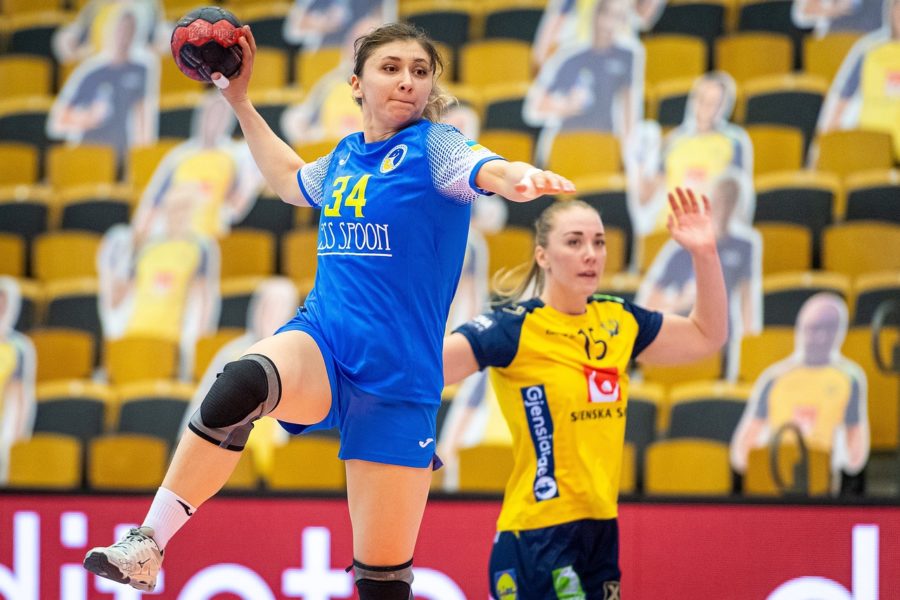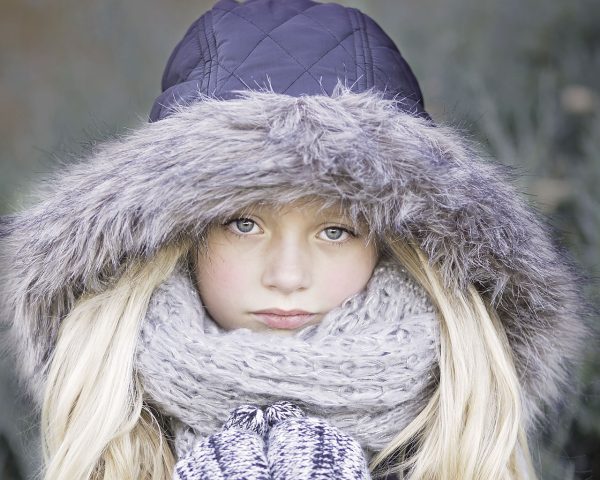How Norwegian Athletes Fixed Handball
Anyone familiar with handball is also familiar with the stark differences between the Men and Women’s uniforms. According to regulations, the men are allowed to wear tank-tops and shorts, while women are required to wear a bikini while competing. The length of their outfits were explicitly specified in the rules stating “a close fit and cut on an upward angle toward the top of the leg”. All that changed in July of 2021 at the Women’s European Beach Handball Championship.
It was the bronze medal match between Spain and Norway which sparked the controversy over the rules. Norwegian players, who had planned to break the rules weeks before, competed in shorts which were strictly against the International Handball Federation’s (IHF) uniform policy of “bikini bottoms [being] no more than ten centimeters (4 inches)”. Because of this violation of the rules, each of the ten players were fined €150 which the European Handball Federation defended by reiterating that the uniforms were “not according to the athlete uniform regulations” as set by the IHF. This sparked worldwide outrage as the fine was seen as an unfair enforcement of sexist rules, especially after it was revealed that the Norwegian team had complained in 2006 to the IHF and had seen no change in the fifteen years since.
The complaint from 2006 read “the requirement for women to wear bikini bottoms was insensitive to some countries’ cultural norms and could be embarrassing for those who did not want so much of their bodies exposed – goalkeepers should be allowed to wear less-revealing uniforms because they use all parts of their bodies to block shots.”
As the story gained traction online several celebrities and organizations began speaking up in support of the women’s protest including P!nk, who offered to pay the fines, and Billie Jean King who tweeted “The sexualization of women athletes must stop”. Close to the Summer Olympics, the IHF released a statement in response to the backlash, saying “the organization’s focus at the moment was on the Olympics, not uniforms” and that “Globally we know that other countries like to play in bikinis, for example, especially in South America”. Interestingly, spokesperson Jessica Rockstroh also claimed “Norway was the only country that had officially complained” despite cases of other European teams going on record with complaints. For example, Denmark petitioned the IHF asking for a “exemption to the rules, so that its players could wear shorts”, a request which was denied by the federation. The American Samoa, similarly pressured the Federation to change the rules.
With complaints becoming more public, and outcry on the internet increasing, new uniform rules would go into effect on January 1st, 2022. The new rules changed to say that “Female athletes must wear short tight pants with a close fit” and also allowed women to wear tank tops as opposed to the bikini tops they used to wear (see figure below). While the IHF did not provide an official reason for the change in uniform regulations, it is widely suspected it was in response to the public outcry following the controversial fine as well as a letter written to the IHF by the sports ministers from five European countries (Denmark, Norway, Sweden, Iceland, and Finland) advocating for a change.
“Comparison of the former women’s beach handball uniform (left) and the current one.” The Guardian
However, problems still exist in the Handball community as regulations for women still specify tight, body fit uniforms while men’s regulations state shorts shouldn’t be “too baggy”. But in response to these changes activist Talitha Stone has stated, “I hope this is the beginning of the end of sexism and objectification of women and girls in sport.” This improvement to international sporting rules serves as an example to not only the sporting community, but the world, that advocating for your rights and protesting unfair and discriminatory rules will yield results. These athletes knew they would have to pay a hefty fine for their stunt, but they also knew that their actions were morally justified as no change was going to be initiated without someone standing up and causing a scene. This story overall serves as a reminder of self advocation, detailing how several brave women defended their right to choose on the international stage. As a consequence of this, they have improved their sport for the future generation of women who will continue their legacy.






